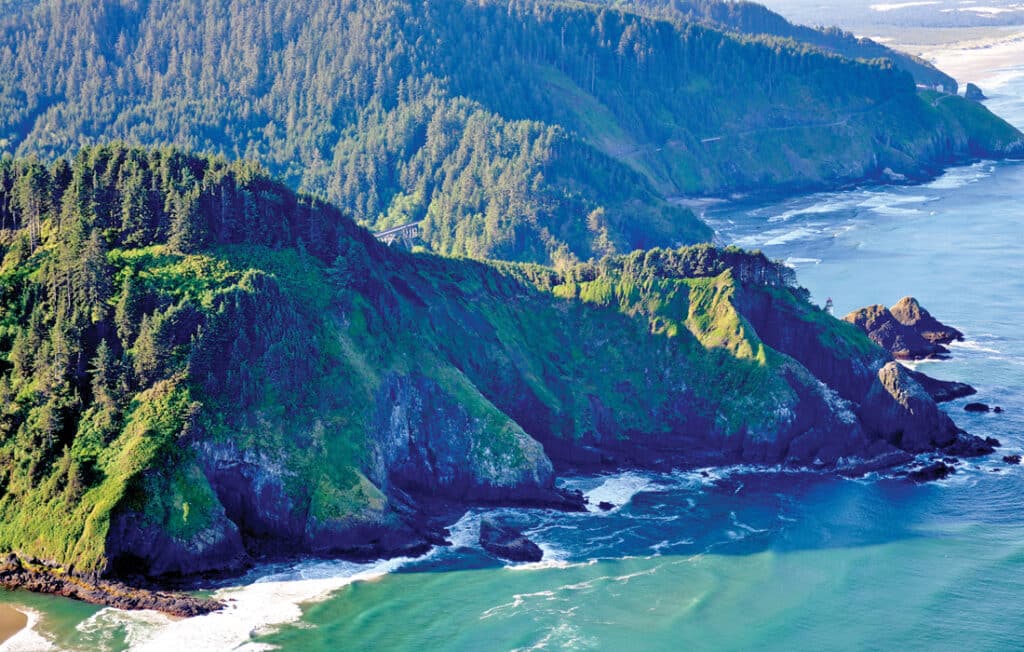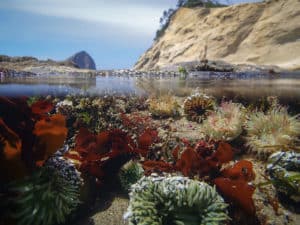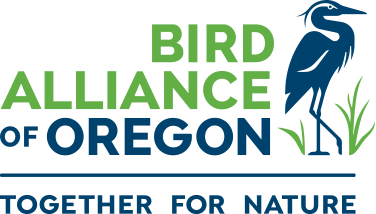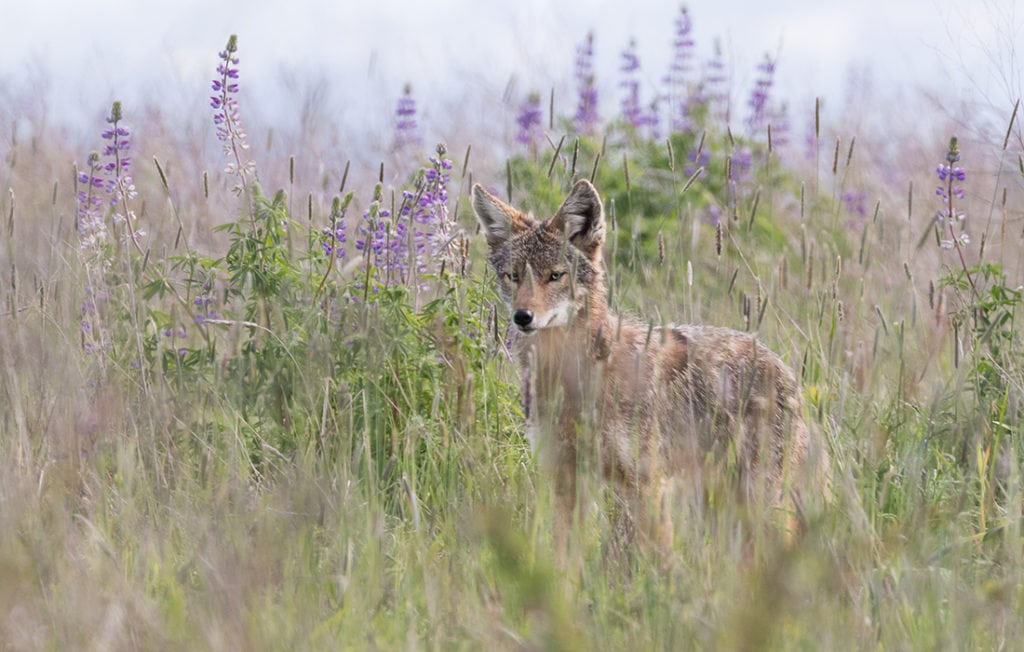
“It’s been a decade since we’ve established marine reserves off our Oregon Coast,” said Gomberg. “And while they have been invaluable in our understanding of changing ocean conditions and consequent impacts on our fisheries and natural environment, I’m heartened to see my colleagues support legislation like this that will strengthen the program, facilitate better engagement with tribal communities and our fisheries, and truly carry out ocean conservation the Oregon way.”
Marine reserves prohibit development and taking of living marine resources; while marine protected areas also prohibit development but allow for some fishing activities to occur. The marine reserves and adjacent marine protected areas are managed by the Oregon Department of Fish and Wildlife and comprise 9% of Oregon’s territorial sea. From north to south, they are located at Cape Falcon, Cascade Head, Otter Rock, Cape Perpetua, and Redfish Rocks. More than thirty species of marine mammals, seabirds, sea turtles, and fish populations that use marine waters off Oregon are listed as threatened or endangered under the federal Endangered Species Act.
“These areas represent the first long-term, nearshore ocean conservation and monitoring program executed by the state of Oregon,” said Charlie Plybon, Oregon Policy Manager for Surfrider Foundation and lead for Oregon’s Ocean Alliance on the bill. “These investments will ensure these areas are adaptable to changing ocean conditions, and that the program clearly defines goals for tribes and coastal communities, and provides meaningful science for future policy needs
“With the increasing impacts of climate change on our ocean ecosystems, it’s more important than ever to protect ocean habitats off the Oregon coast and invest in the communities that depend on a healthy ocean,” said Ben Enticknap, Oceana Senior Scientist and Campaign Manager.

“This bill will fully fund and strengthen Oregon’s Marine Reserve Program, including better understanding how people use and benefit from these underwater places, engaging with local communities, and developing scientifically based goals specific to each of the marine reserves,” said Joe Liebezeit, Assistant Director of Statewide Conservation, Bird Alliance of Oregon.
“By passing HB 4132, Oregon legislators have responded to the waves of support for our Marine Reserves Program – Oregon’s most successful ocean conservation program. Now, a more robust program is on the horizon which will benefit the whales, seals, and seabirds that call our ocean home. We look forward to Governor Kotek signing this important bill,” said Ian Giancarlo, Oceans Advocate with Environment Oregon.
“Our marine reserves and protected areas are a coastal treasure. These special places are a combination of underwater state parks, wildlife preserves, and living laboratories. This legislation continues Oregon’s legacy of ocean conservation and its passing makes a strong statement that the state is willing to invest in understanding and protecting our coastal resources and communities.” said Annie Merrill, Oregon Shores Conservation Coalition.
“The marine reserves provide a bigger picture about what is going on in the nearshore ecosystem and have alerted us to key species and ocean changes, such as sea star wasting disease and the tracking of ocean acidification” said Dick Vander Schaaf, Associate Conservation Director, Coast and Marine Program, The Nature Conservancy of Oregon.
A library of photos from the Oregon marine reserves is available here.
The Oregon Ocean Alliance is a coalition of organizations working together to advance shared priorities
aimed to advance the protection of Oregon’s ocean and coastal ecosystems. Founding members include
Audubon Society of Lincoln City, Bird Alliance of Oregon, Coast Range Association, Environment
Oregon, The Nature Conservancy (Oregon Chapter), Surfrider Foundation, Oceana, and
Oregon Shores Conservation Coalition.



